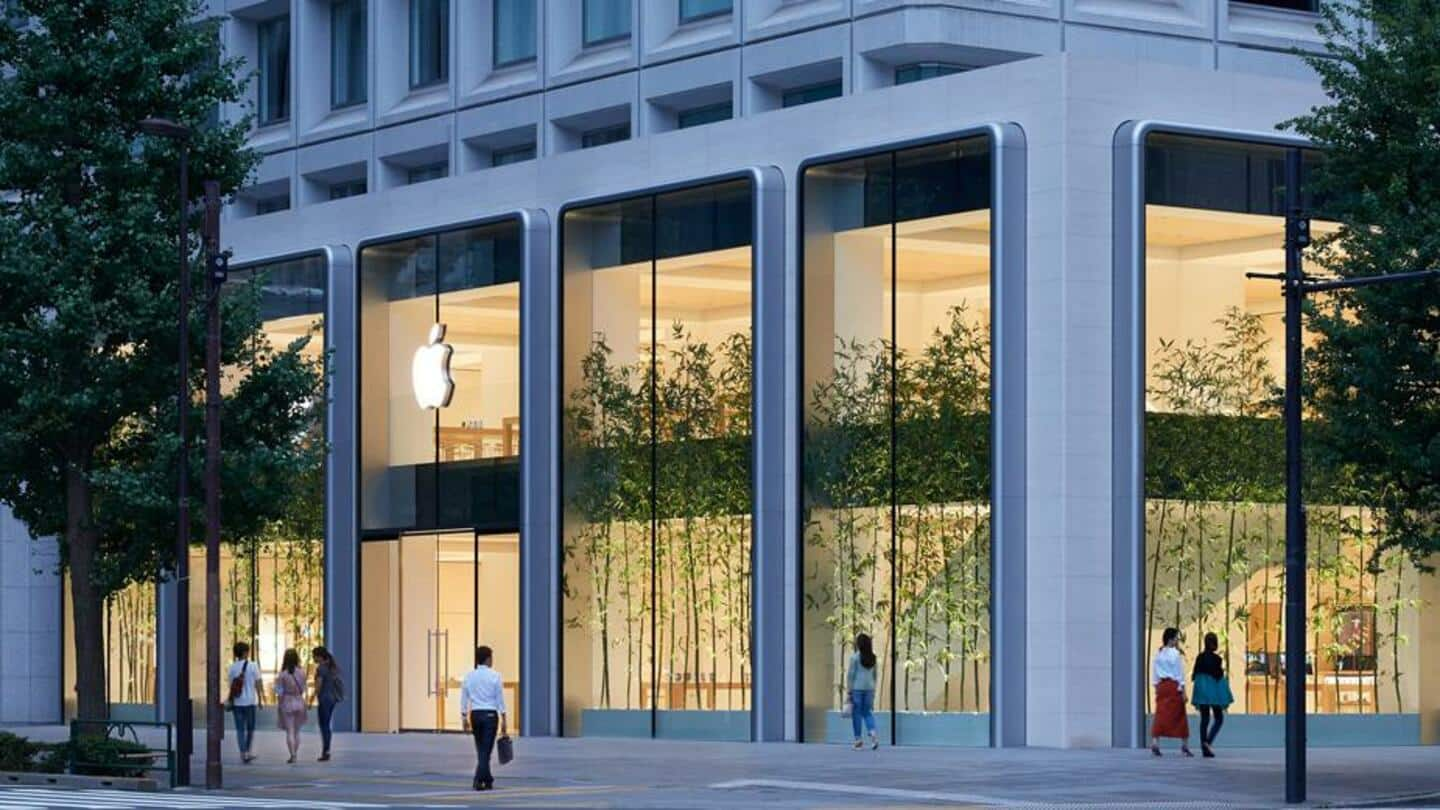
Apple Japan missed charging tourists; fined $98mn in back taxes
What's the story
Japan's unique tax-free shopping rules have given Apple's Japanese unit a massive tax burden. Ironic, isn't it? According to the Nikkei newspaper, the company is being charged 13 billion yen (nearly $98 million) as additional tax by Tokyo authorities. The extra levy is for incorrectly exempting bulk sales of iPhones and other Apple devices from consumption tax.
Context
Why does this story matter?
The consumption tax exemption Japan offers to tourists has been a major attraction for those who visit the country. However, the back tax it charges companies such as Apple reveals a glaring hole in the system. Making companies responsible for unpaid taxes that slip through the cracks is unfair to them. It also gives resellers more incentive to take advantage of the system.
Incorrect exemption
Apple failed to tax possible resellers
Authorities discovered bulk purchases of iPhones by foreign shoppers at some Apple stores. Citing unidentified sources, the newspaper reported that they found at least one transaction where an individual bought hundreds of handsets. This suggests that the store missed taxing a possible reseller, which resulted in an incorrect exemption from consumption tax. Now, Apple Japan has to cover those missed taxes.
Consumption tax
Foreigners are exempt from 10% consumption tax in Japan
In Japan, visitors staying for less than six months are exempt from the 10% consumption tax. They can buy souvenirs or everyday goods without paying the tax. Tax exemption for cosmetics and pharmaceuticals are capped at 500,000 yen, while other goods have no such cap. The exemption, however, does not apply to purchases for resale purposes.
Response
Apple has stopped offering tax exemptions at its stores
Per Nikkei, Apple is believed to have filed an amended tax return. The company has also stopped offering tax-exempt purchases at its stores since June. "We do not offer tax-free shopping at our stores," Apple said. Japanese authorities have levied a record 86.9 billion yen in back taxes in the year through June, up by 11% from years ago.